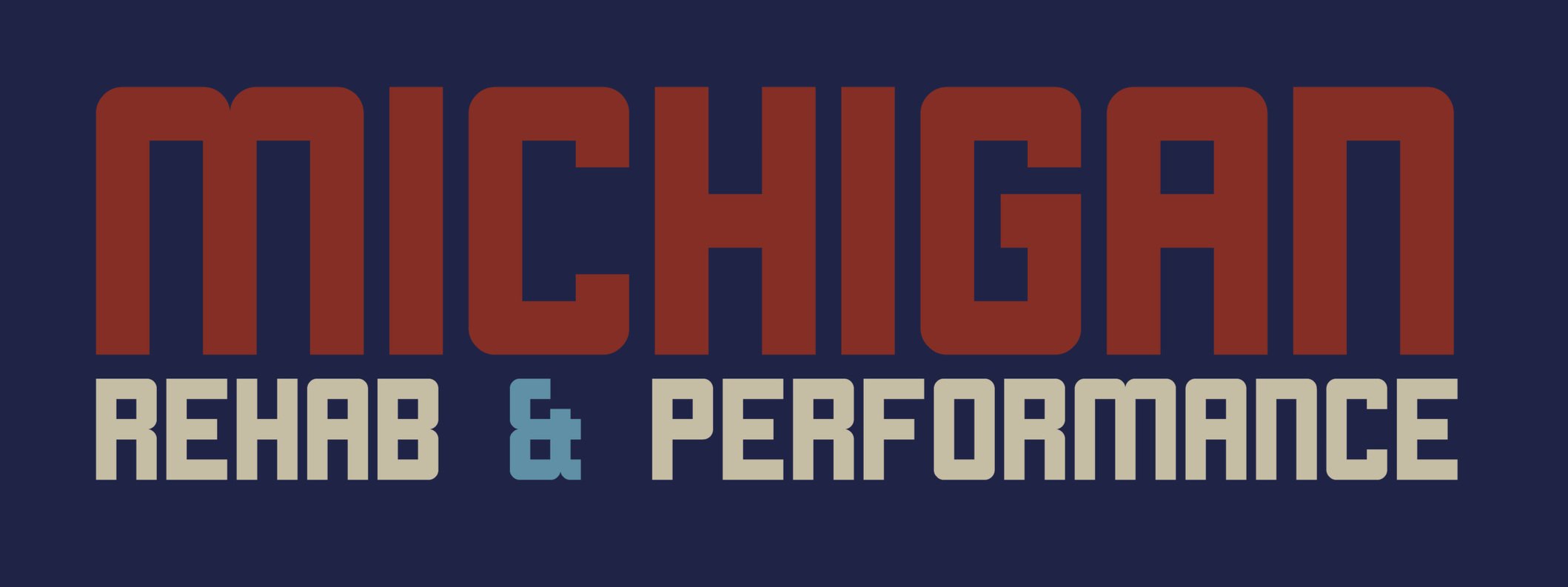The Importance of Protein Intake for Athletes
Protein is a cornerstone of nutrition for athletes, playing a vital role in performance, recovery, and overall health. Whether you're a sprinter, a weightlifter, or an endurance runner, understanding how much protein you need and how to incorporate it into your diet can make a significant difference in achieving your goals. Let’s break down why protein matters, how much athletes need, and the best ways to fuel your body.
Why Protein is Essential for Athletes
When you train, your muscles undergo stress and microscopic damage. Protein provides the building blocks—amino acids—that repair and rebuild muscle tissue, making it stronger and more resilient. Beyond muscle repair, protein supports immune function, hormone production, and energy metabolism, all of which are critical for athletes pushing their limits.
During intense workouts, your body may also break down small amounts of muscle protein for energy. Adequate protein intake helps minimize this loss, preserving your hard-earned gains. For endurance athletes, protein aids in repairing oxidative damage, while for strength athletes, it’s key to hypertrophy (muscle growth).
How Much Protein Do Athletes Need?
Protein needs vary based on activity level, body weight, and goals. The Recommended Dietary Allowance (RDA) for the general population is 0.8 grams per kilogram of body weight per day, but athletes require more to support their training demands.
- Endurance Athletes: Research suggests 1.2–1.4 g/kg of body weight daily. For a 70 kg (154 lb) runner, that’s 84–98 grams of protein per day.
- Strength Athletes: Those focused on muscle growth need 1.6–2.0 g/kg daily. For a 90 kg (198 lb) weightlifter, that’s 144–180 grams.
- Mixed or Team Sports: Athletes in sports like soccer or basketball, which blend power and endurance, typically fall in the 1.4–1.7 g/kg range.
Timing matters too. Consuming 20–40 grams of protein every 3–4 hours, including post-workout, optimizes muscle protein synthesis. A post-exercise shake or meal within 30–60 minutes can kickstart recovery when your muscles are most receptive.
Best Sources of Protein
Not all proteins are created equal. High-quality sources provide all essential amino acids and are easily digestible. Here are some top picks for athletes:
- Animal-Based: Chicken, turkey, lean beef, eggs, fish (like salmon or tuna), and Greek yogurt. Whey protein powder is a convenient, fast-digesting option for post-workout.
- Plant-Based: Lentils, chickpeas, quinoa, tofu, tempeh, and pea protein powder. Combining sources (e.g., rice and beans) ensures a complete amino acid profile.
- Supplements: Whey, casein, or plant-based protein powders can fill gaps, especially on busy days.
Whole foods should form the backbone of your intake, but supplements can be a practical boost when time or access is limited.
Common Myths About Protein
- “More is always better”: Excess protein (beyond 2.0 g/kg) doesn’t necessarily translate to more muscle. Your body can only use so much at once—surplus gets stored as fat or excreted.
- “Protein damages kidneys”: For healthy individuals, higher protein intake doesn’t harm kidney function, per current research.
- “Plant protein is inferior”: While some plant sources lack certain amino acids, a varied diet or smart combinations can meet all needs.
Practical Tips for Athletes
1. Plan Ahead: Prep meals with lean meats, legumes, or dairy to hit your targets without guesswork.
2. Post-Workout Priority Pair protein with carbs (e.g., a chicken sandwich or protein shake with fruit) to replenish glycogen and repair muscle.
3. Spread It Out: Avoid cramming all your protein into one meal—aim for consistent intake throughout the day.
4. Listen to Your Body: Adjust based on training intensity, recovery needs, and how you feel.
The Bottom Line
Protein isn’t just fuel—it’s the foundation of an athlete’s ability to adapt and excel. By tailoring your intake to your sport and lifestyle, you can maximize performance and recovery. Whether you’re chasing a podium finish or a personal best, getting your protein right is a game-changer. So, grab that chicken breast, scoop of whey, or bowl of lentils, and keep pushing the boundaries of what your body can do.

